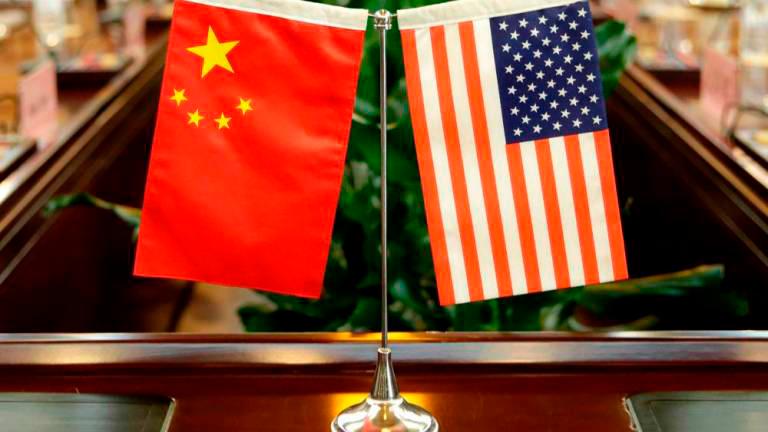PETALING JAYA: Asean nations need China as much as they need the United States on their side.
The region sees China as a huge market while it counts on the US to provide regional security.
Therefore, choosing between the two in their ongoing trade dispute is an unwise move, according to analysts theSun spoke to yesterday.
They were commenting on a statement by a Singaporean political science professor, Khong Yuen Foong, whose view is that the 10 countries in the regional grouping have already aligned themselves one way or the other.
Khong, who is vice-dean for research and development at the Lee Kuan Yew School of Public Policy, was quoted in an April 10 report on scmp.com as saying that Thailand, the Philippines and Malaysia are now “more embedded in the Chinese orbit” but Vietnam and Singapore “have found greater strategic comfort with the US”.
Malaysian political scientist Prof Wong Chin Huat said that like Europe and Australia, Southeast Asian countries need the Chinese market for their economic well-being and they depend on the US for security.
“Given the extensive ties Malaysia has with both superpowers, choosing sides is a ‘no-go’,” he told theSun.
Wong said joining the American campaign to contain China’s rise would “unnecessarily alienate” the neighbouring superpower and key market.
“On the other hand, becoming China’s client state, like Cambodia and Laos, will undermine our sovereignty and national interests,” he said.
At the global level, Wong said Malaysia should demand that the two superpowers compete rationally and healthily while collaborating on mutual challenges such as climate change, the Covid-19 pandemic and terrorism.
He added that within Asean, Malaysia should work to strengthen ties among member nations, especially Indonesia, Singapore, the Philippines and Vietnam, with shared strategic interests while domestically, steps must be taken to upgrade the economy, prevent political corruption and reduce over-reliance on other countries.
Emir Research head of social, law and human rights, Jason Loh, pointed out that Malaysia is highly dependent on both China and the US for foreign direct investments.
“Singapore openly sides with the US when it comes to security and defence, but as far as Malaysia is concerned, we don’t need to go that far,” he said.
“As long as our military cooperation with the United States, in the form of joint exercises like the annual ‘Bersama Warrior’, continues, that’s good enough for us,” he added.
Loh pointed out that China and the US also have joint military exercises, particularly for humanitarian rescue and disaster relief missions, despite their trade differences.
He said it is not necessary to choose sides unless “forced” by China.
“For instance, if China makes it a condition that continued foreign direct investment (FDI) must be reciprocated with military cooperation that excludes the US, we will have to make a stand.”
Loh also expressed belief that China would want to avoid a conflict.
“Unilaterally pursuing a one-sided policy that purposely provokes and aggravates China and undermining bilateral trust is counter-productive and it will only harden each country’s respective positions,” he said.
He pointed out that Malaysia will be at the losing end if China attaches conditions for more FDI or if it decides to renegotiate or even pull out existing investments.
“By not choosing sides, we are not sitting on the fence. We are just protecting our national interests and by extension, that of Asean as well,” he said.
“I believe China will respect that. What China may not accept is what it deems to be foreign interference in its own backyard, namely from the US,” Loh added.











